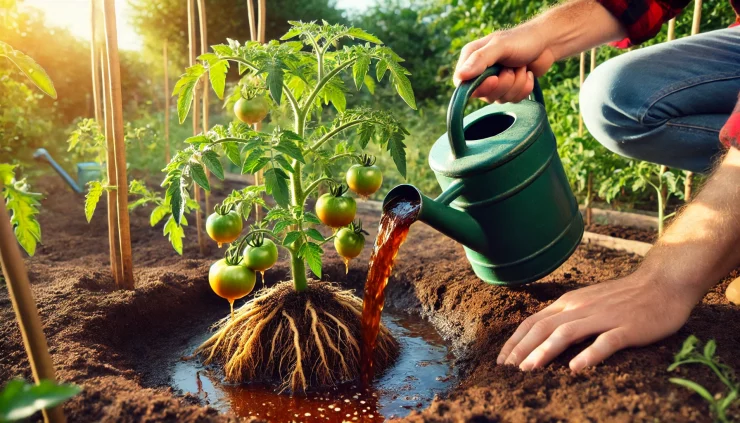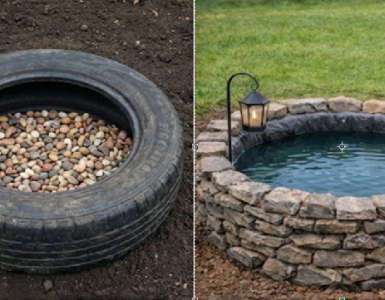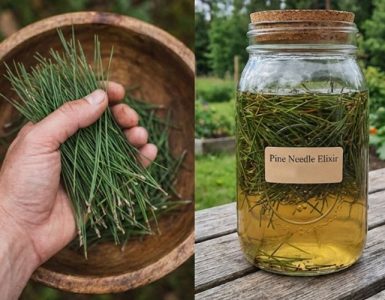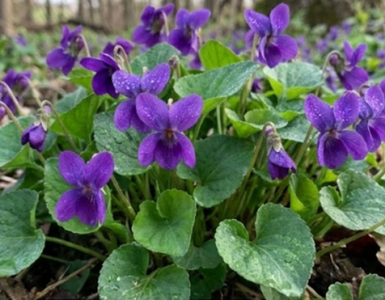Molasses, a byproduct of sugar production, has been gaining popularity among gardeners and farmers as an effective plant growth booster. Rich in essential nutrients, molasses can improve soil health, stimulate microbial activity, and promote vigorous plant growth. Here’s how molasses works and how to use it effectively in your garden.
Benefits of Molasses for Plant Growth
1.Nutrient-Rich
Molasses is packed with essential nutrients, including:
Iron: Supports chlorophyll production and overall plant vitality.
Calcium: Strengthens cell walls and promotes root development.
Magnesium: Aids in photosynthesis and enzyme activation.
Potassium: Enhances water uptake and nutrient transport.
These nutrients are vital for healthy plant growth and development.
2.Improves Soil Health
Molasses acts as a natural soil conditioner by:
Feeding Microorganisms: The sugars in molasses provide an energy source for beneficial soil microbes, promoting a healthy soil ecosystem.
Enhancing Soil Structure: Increased microbial activity improves soil structure, enhancing aeration and water retention.
Suppressing Harmful Pathogens: Beneficial microbes can outcompete and suppress harmful soil pathogens, reducing disease incidence.
3.Stimulates Plant Growth
By providing essential nutrients and improving soil health, molasses can:
Enhance Root Development: Stronger, healthier roots improve nutrient and water uptake.
Boost Photosynthesis: Improved chlorophyll production increases photosynthesis, leading to vigorous growth.
Increase Crop Yields: Healthier plants with better access to nutrients and water can produce more abundant and higher-quality yields.
How to Use Molasses as a Plant Growth Booster
1.Molasses Tea
Molasses tea is an easy way to apply molasses to your plants.
Ingredients:
1-2 tablespoons of unsulfured blackstrap molasses
1 gallon of water
Instructions:
Mix the Ingredients: Dissolve the molasses in the water, stirring well to ensure it is fully dissolved.
Apply to Plants: Water your plants with the molasses tea, ensuring the soil is evenly soaked.
2.Foliar Spray
Using molasses as a foliar spray can provide nutrients directly to the leaves.
Ingredients:
1 tablespoon of unsulfured blackstrap molasses
1 gallon of water
Instructions:
Mix the Ingredients: Dissolve the molasses in the water.
Fill a Spray Bottle: Pour the mixture into a spray bottle.
Spray the Leaves: Apply the foliar spray to the leaves, ensuring thorough coverage.
3.Soil Drench
A soil drench with molasses can deeply nourish the soil.
Ingredients:
1-2 tablespoons of unsulfured blackstrap molasses
1 gallon of water
Instructions:
Mix the Ingredients: Dissolve the molasses in the water.
Drench the Soil: Pour the mixture directly onto the soil around the base of your plants.
Tips for Using Molasses
Use Unsulfured Molasses: Always use unsulfured molasses, as sulfured molasses can harm beneficial microbes.
Avoid Overuse: Apply molasses solutions no more than once a month to avoid over-fertilizing.
Combine with Other Fertilizers: Molasses can be used in conjunction with other organic fertilizers and compost teas for enhanced benefits.
Molasses is a powerful, natural plant growth booster that can improve soil health, stimulate beneficial microbial activity, and promote robust plant growth. By incorporating molasses into your gardening routine, you can enjoy healthier, more productive plants and a more vibrant garden. Whether you use it as a soil drench, foliar spray, or in compost tea, molasses is a versatile and effective tool for any gardener.






Add comment